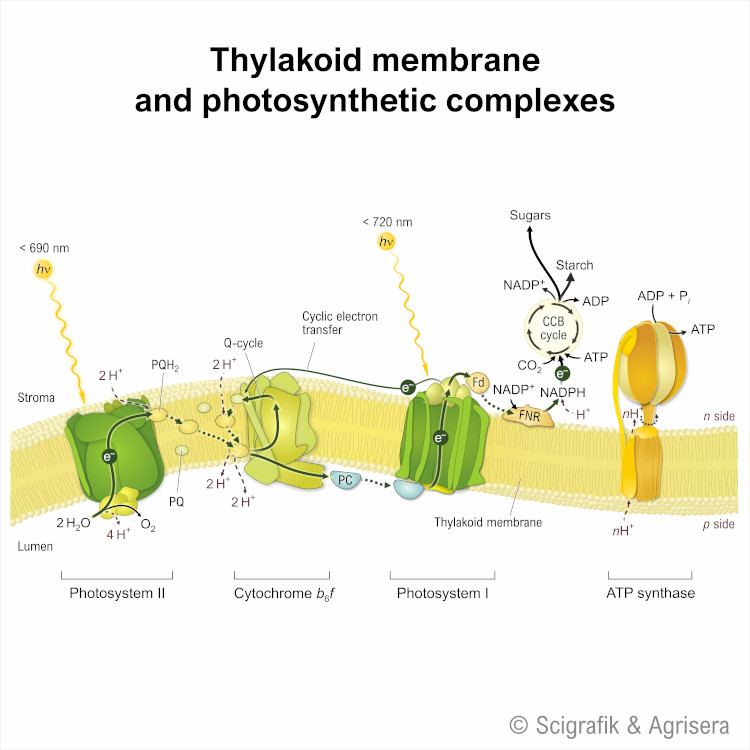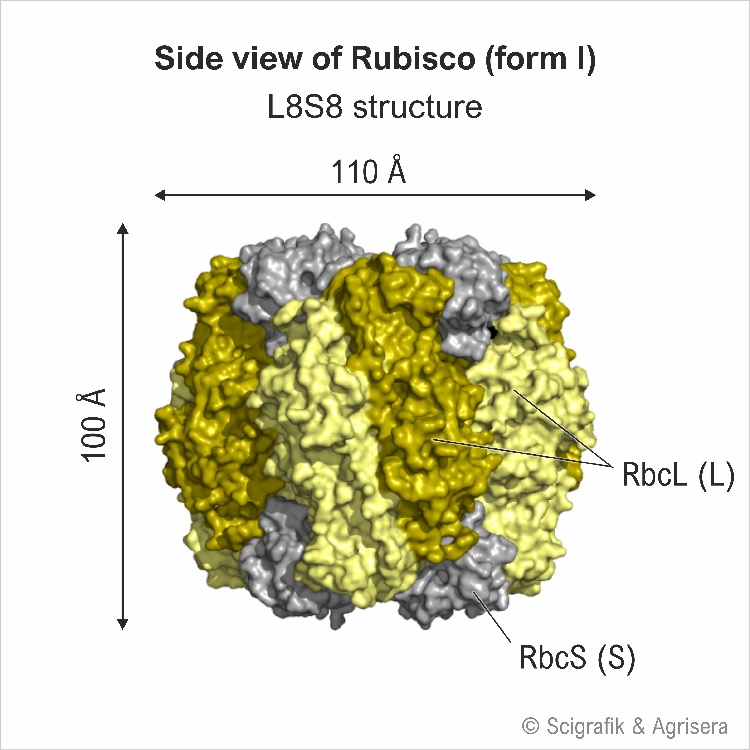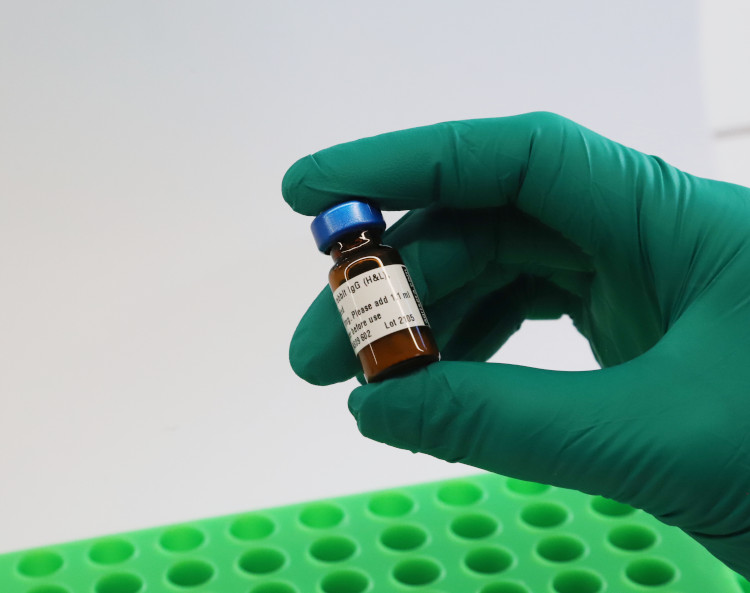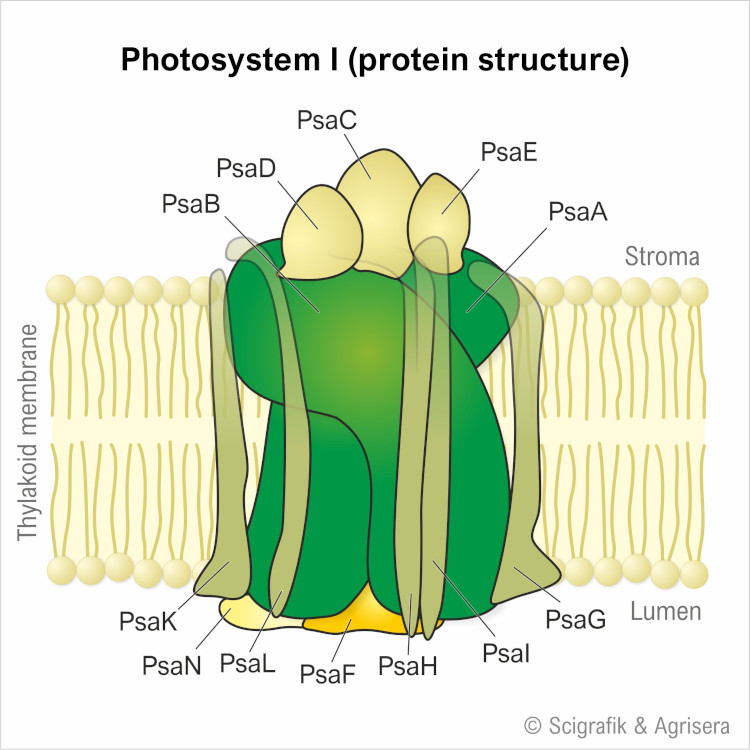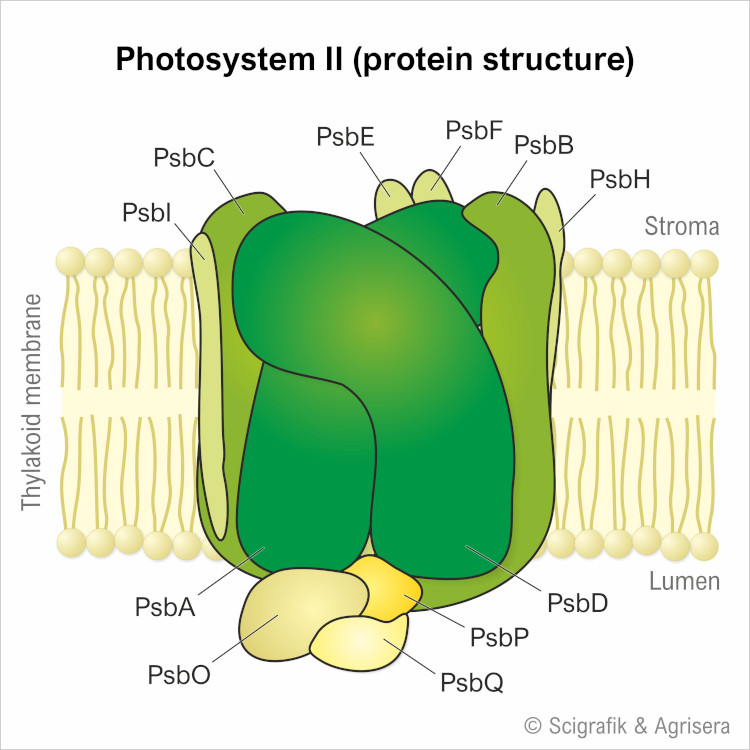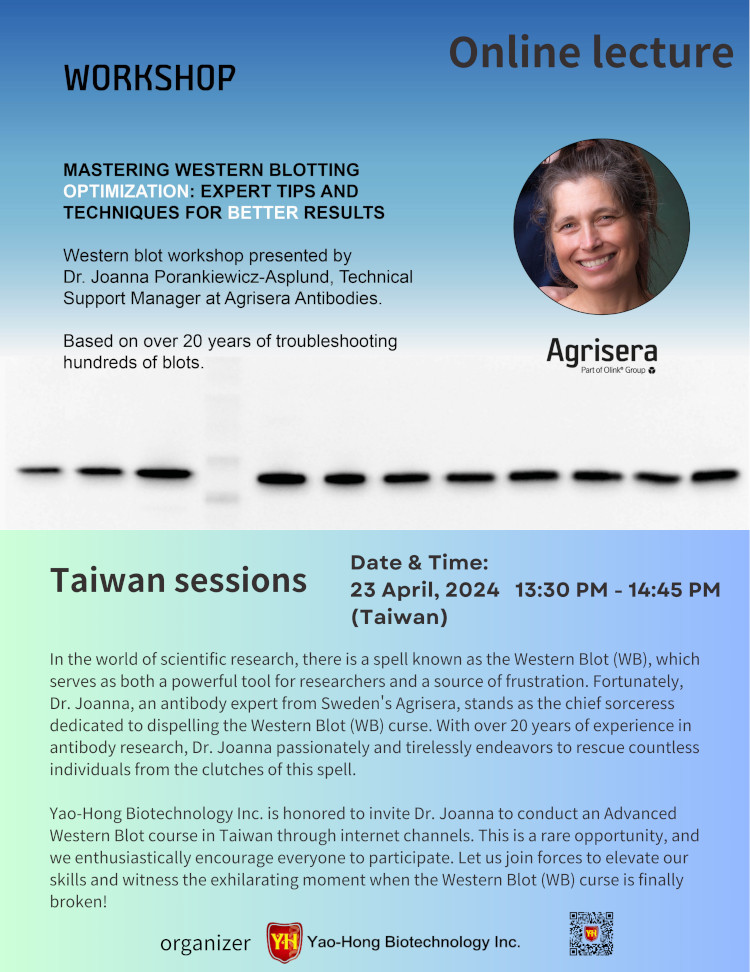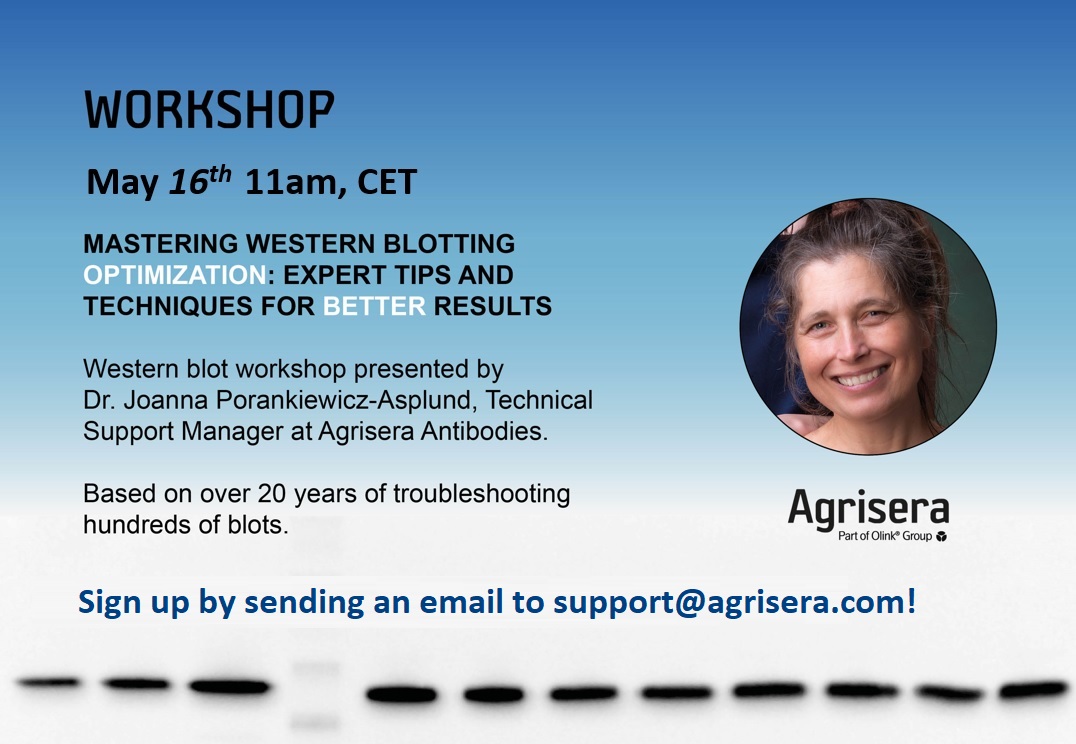
Conducted by: Dr. Joanna Porankiewicz Asplund, Technical Support Manager from the Swedish company Agrisera
Duration: Approximately 2 hours, with Q&A sessions, and a break, during which you have the chance to win prizes in an online quiz. Western blot and antibody questions can be sent in advance to [email protected]
Technique: Western blot is used in laboratories working with protein detection in complex mixes, as well as protein quantification.
Suitable for: Beginners and experienced users of this technique, working various types of samples, including bacterial extracts, plant tissue and algal cell cultures.
About the presenter: Dr. Joanna Porankiewicz Asplund, Technical Support Manager at Agrisera, has been working with antibody validation for over 20 years, and has troubleshooted hundreds of blots, which has allowed her to gain extensive experience, and an overview on potential difficulties and ways to address them. She is responsible for technical support at Agrisera, and will be happy to share her knowledge during the workshop.
Provided materials:
• Certificate of participation
• Slides of the presentation in pdf format, with useful links
• Slides of the presentation in ppt format, for free use in teaching
• Recording of the workshop
Sign up for this free workshop by sending an email to [email protected]!
Start: 11 am (Central European Time), 10 am (UK), 12 am (Helsinki)
Feedback from participants of previous workshops:
"Thanks! It was a very nice and informative workshop :)" – Wageningen University & Research Laboratory of Biochemistry, The Netherlands.
"Thank you very much for the workshop! I myself learned quite some additional things, I didn’t know before. And I talked to some of my colleagues just now and they also really liked your workshop. Thanks also for providing the pdf, I will send them to the participants! I really enjoyed your presentation and I can see how dedicated you are about western blots, it was really great to listen to you!" – Max Planck Institute of Molecular Plant Physiology in Potsdam-Golm, Germany. Read more feedback here
